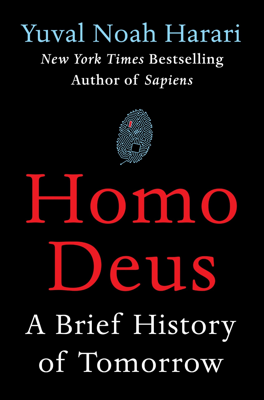The Human Spark
The chapter explores the concept of intersubjective realities, powerful constructs that exist purely in the shared imaginations of humans. These constructs, which include things like gods, nations, and monetary systems, have no physical substance but influence the real world by enabling large-scale human cooperation. Unlike other animals, humans can believe in and communicate about things they have never seen or touched, creating a web of shared beliefs that allow societies to function.
The text goes further by differentiating intersubjectivity from objective reality (like gravity) and subjective experiences (like personal emotions). This intersubjectivity is the fabric of large networks, like religions or legal systems, which are composed of shared beliefs that coordinate human actions. To illustrate the significance of intersubjectivity, the chapter visits historical and imaginary scenarios such as crusades and modern geopolitical systems, emphasizing how entire empires or modern legal agreements rest on shared beliefs.
Moreover, the distinction between intersubjective realities and personal or natural facts significantly impacts disciplines like history and biology. While biologists might seek physical or genetic explanations for human behavior, historians are more interested in the shared fictions that societies create and believe in. Ultimately, the chapter suggests, these fictions can become the most powerful force in the world, as they have the potential to redirect human evolution and societal development.
